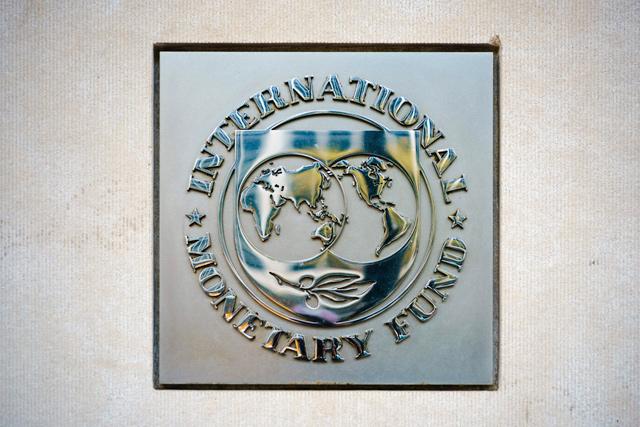- Mix
- Friday-2021-07-30 | 01:24 pm

Nayrouz News Agency :
While the global economy is still growing, the uneven distribution of vaccines is widening disparities as rich countries pick up speed and leave developing nations behind, the International Monetary Fund (IMF) warned on Tuesday.
"Vaccine access has emerged as the principal fault line along which the global recovery splits into two blocs," the IMF said in its updated World Economic Outlook.
But the IMF warned of the danger to the whole world if new virus variants are allowed to take hold.
The recovery "is not assured even in countries where infections are currently very low so long as the virus circulates elsewhere", the report said.
World gross domestic product (GDP) will expand by 6 per cent this year, unchanged from the April forecast, but IMF Chief Economist Gita Gopinath flagged the "widening gap" as advanced economies grow faster and developing nations, especially in Asia, slow.
The United States is projected to see much faster growth this year than previously forecast, expanding seven per cent growth thanks to massive government spending and widespread COVID-19 vaccinations, but the IMF slashed the forecast for India, which is facing a resurgence of infections.
The Washington-based crisis lender once again stressed that "the immediate priority is to deploy vaccines equitably worldwide", and pushed a $50 billion plan that offers a "feasible cost to end the pandemic".
Advanced nations have vaccinated nearly 40 per cent of the population, compared to barely 11 per cent in emerging markets and a tiny fraction in low-income countries, the report said.
Gopinath said "at least 1 billion vaccine doses should be shared in 2021 by countries with surplus vaccines."
Failure to achieve widespread vaccinations could allow highly infectious virus variants to take hold, like the Delta variant that has become prevalent. That could derail the recovery, wiping out $4.5 trillion cumulatively from global GDP by 2025, more than half of that lost from rich nations, the fund estimates.
This is not just a "tail risk" that is highly unlikely but "a realistic downside risk", said Petya Koeva-Brooks, deputy director of the IMF Research Department.
More worried now
Although some emerging market nations like Brazil and Mexico are poised to show stronger growth this year, developing nations as a group are struggling to return to their pre-pandemic levels.
"I would say we're more worried than we were back in April," Koeva-Brooks said.
Vaccinations allowed an economic reopening and led to upgrades for the United States for this year and next, when growth is expected to hit 4.9 per cent.
However, that assumes the US Congress will approve another round of spending later this year of about $4 trillion in President Joe Biden's infrastructure and job creation programmes.
The IMF also raised the 2021 estimates for Canada and Britain to 6.3 per cent and 7 per cent, respectively, while the euro area GDP is expected to expand 4.6 per cent, just slightly higher than the April WEO.
India's growth forecast was slashed three points to 9.5 per cent, and even China was trimmed by three-tenths of a per centage point to 8.1 per cent.
In Latin America, Mexico is expected to post higher growth, helped by the positive spillovers from the recovering US economy as well as from increasing domestic demand, while Brazil also got a boost amid rising commodity prices, which will fade next year, the report said.
Temporary
or persistent?
Rising prices are another factor weighing on the global recovery, and pose a challenge to policymakers.
While the recent inflation spike is the result of the unprecedented and uneven turnaround from the pandemic and should prove temporary, the IMF raised the possibility that price increases could become "persistent".
"The unprecedented convulsion in the global economy last year continues to trigger aftershocks," the IMF said, pointing to a shortage of computer chips and a lack of shipping containers where they are needed, which has delayed deliveries of materials.
Koeva-Brooks said some of the bottlenecks and price jumps were to be expected and should be temporary, but acknowledged that the situation is hard to measure.
"We've never seen how to reopen economies after a crisis like this one," she said.
The IMF said inflation should return to pre-pandemic ranges in 2022 and urged central banks to hold off on reacting to the temporary price pressures — but to be ready to take "preemptive action".










